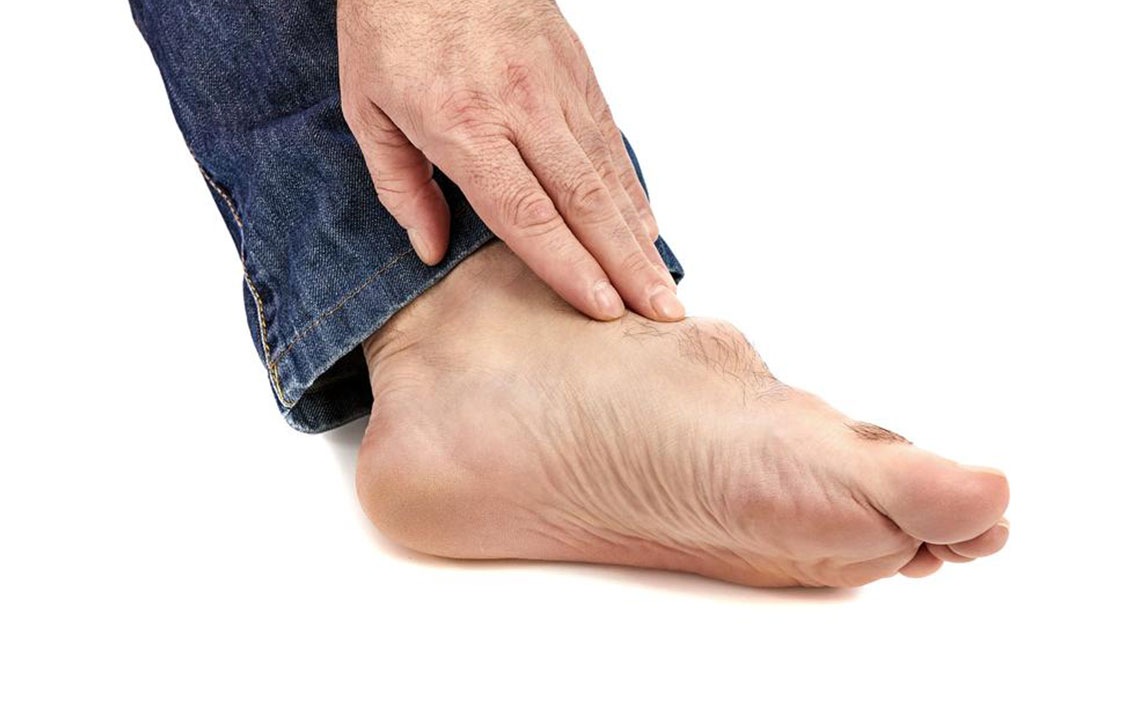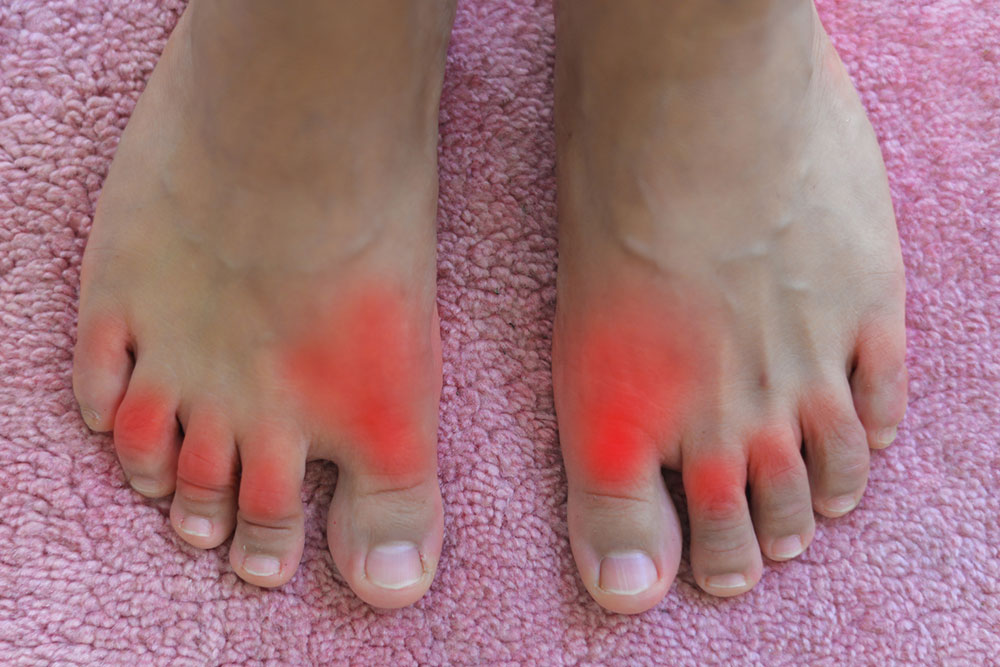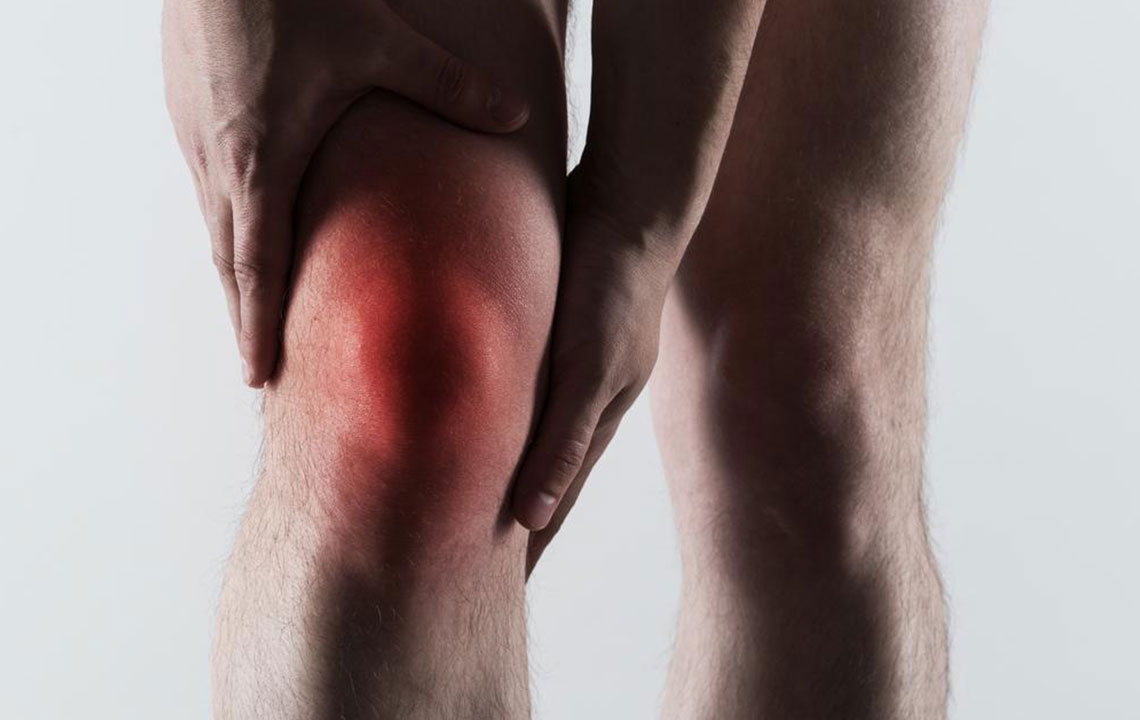Gout Explained: Causes, Symptoms, Prevention, and Nutritional Tips
This article covers essential aspects of gout, including its causes, symptoms, preventive measures, and dietary strategies. It highlights how lifestyle and diet influence uric acid levels and offers practical tips for managing and reducing gout flare-ups. Emphasizing medication and lifestyle adjustments, it provides comprehensive guidance for effective gout control, focusing on nutrition, exercise, and weight management to improve quality of life.

Gout Explained: Causes, Symptoms, Prevention, and Nutritional Tips
Gout is a widespread source of joint pain caused by inflammatory responses. It results from the buildup of uric acid crystals around joints, causing sudden and intense pain episodes. These episodes tend to recur and can be very uncomfortable, developing rapidly. Gout develops when excess uric acid accumulates in the blood, forming crystals that settle in joints, tendons, and tissues. Genetic predisposition and lifestyle choices, such as diets high in purines, alcohol, and processed foods, influence its development.
Once called “the disease of the wealthy,” gout's incidence has risen due to modern eating habits and longer lifespans. Factors like obesity, high meat intake, and alcohol contribute significantly, leading to dietary strategies to reduce flare-ups and symptoms.
Excess uric acid causes gout, often when kidneys fail to excrete urate efficiently or produce too much. Lifestyle habits such as high consumption of red meats, shellfish, alcohol, and sugary beverages worsen the condition. Managing gout involves dietary changes by limiting purine-rich foods like organ meats and certain seafood, while supporting symptoms with vitamin C, dairy products, and coffee. Moderate physical activity can also be beneficial.
Signs include recurring joint swelling, redness, tenderness, and intense pain, particularly in the big toe, ankles, knees, wrists, or elbows. Attacks usually happen at night and worsen rapidly. Persistent high uric acid may cause tophi, bone damage, kidney stones, and chronic arthritis. Men over 40 are more susceptible.
Addressing gout effectively combines medication and lifestyle modifications. Anti-inflammatory drugs such as NSAIDs and steroids alleviate pain during attacks. Long-term therapies like allopurinol help lower uric acid and prevent future episodes. Diet-wise, drinking water, reducing alcohol, avoiding sugary drinks, and limiting purine foods are crucial for managing uric acid.
Maintaining a diet rich in fruits, vegetables, whole grains, and low-fat dairy supports management. Regular exercise and weight management can decrease attack occurrences. Effective gout control involves combining medical treatments with healthy lifestyle choices for better health outcomes.


